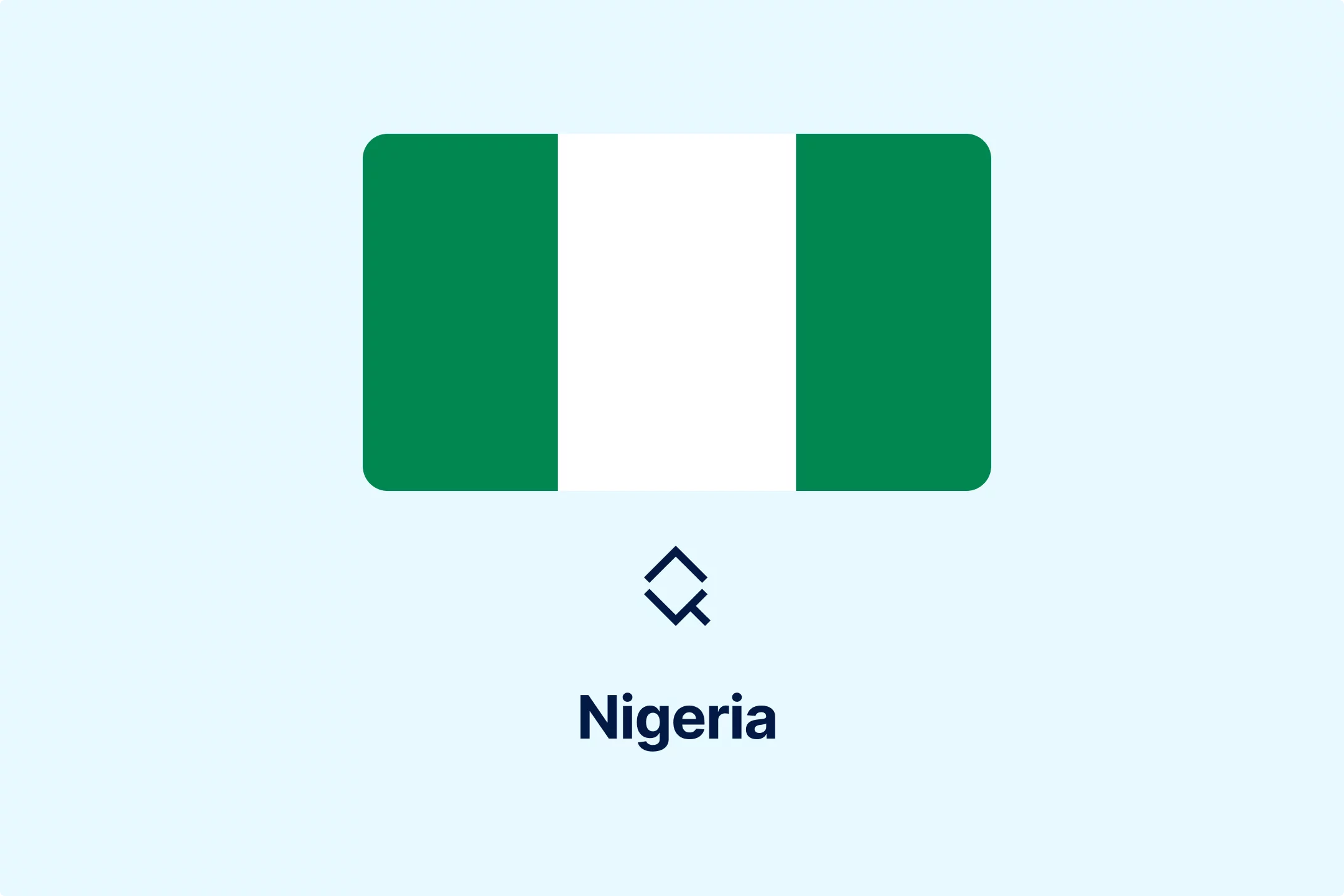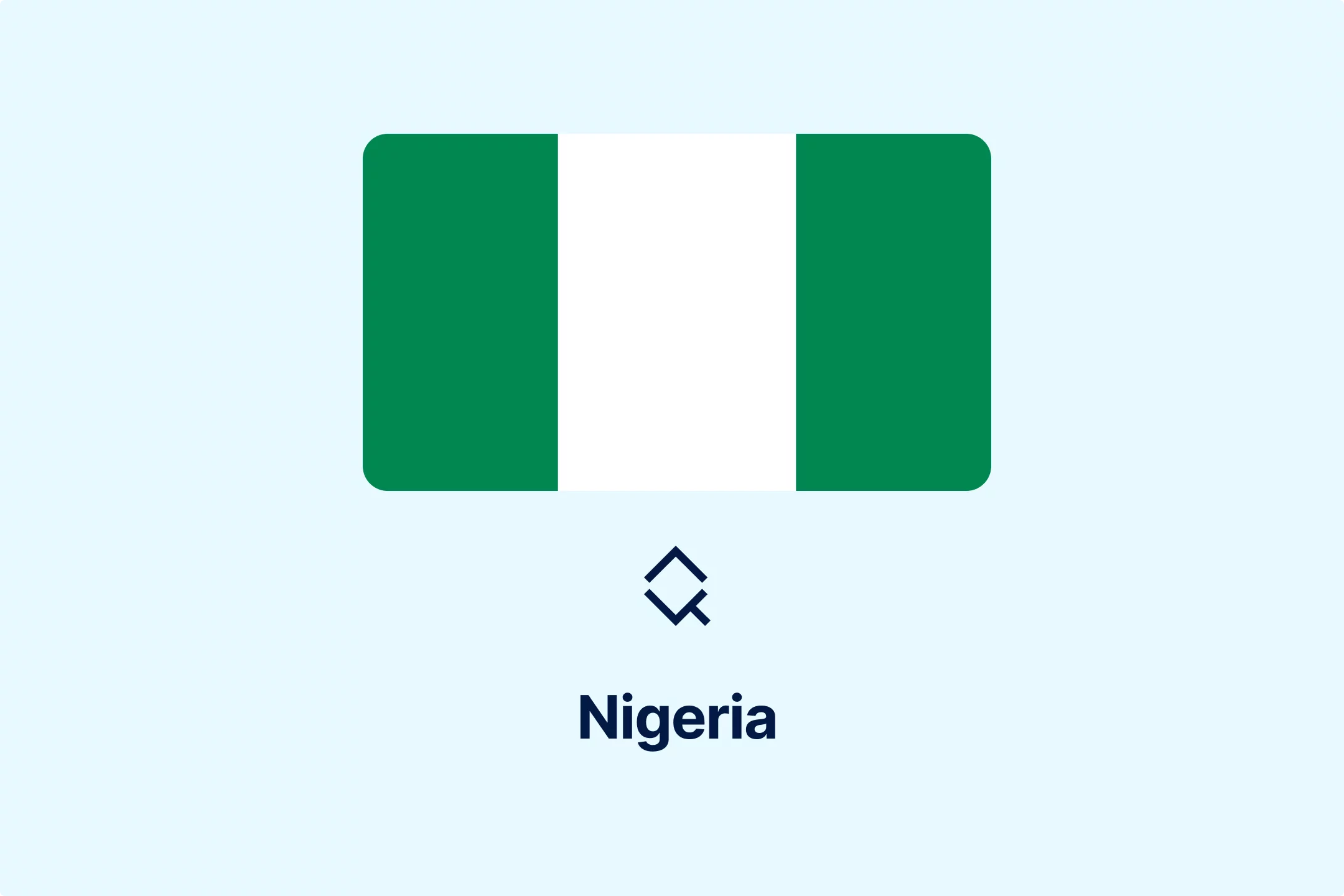Nigeria Steuerreformen und Aktualisierung der zollfreien Einfuhr 2025

Kürzlich hat Nigeria mehrere wichtige Aktualisierungen in den Bereichen Steuern und Handel veröffentlicht, darunter vier neue Steuerreformgesetze, die Pressemitteilung des Joint Tax Board, die öffentliche Bekanntmachung des Finanzministers und die Ankündigung der Zollbehörde über die Einführung der zollfreien Abfertigung für eingeführte Waren mit geringem Wert. Alle veröffentlichten Bekanntmachungen, Briefe und anderen Dokumente setzen neue Maßnahmen in Kraft und bieten Klarstellungen zu bestehenden Regeln und Vorschriften.
Auswirkungen auf Steuerpflichtige
In der vom Joint Tax Board veröffentlichten Pressemitteilung wird klargestellt, dass Nigerianer ohne Steueridentifikationsnummer (TIN) ab dem 1. Januar 2026 keinen Zugang zu ihren Bankkonten erhalten oder an der Durchführung von Finanztransaktionen gehindert werden. Diese Klarstellung erfolgte als Reaktion auf Spekulationen, dass diese Beschränkungen auch für Personen ohne TIN gelten würden.
Das Joint Tax Board fügte hinzu, dass die TINs automatisch unter Verwendung bestehender nationaler Identifikatoren, in erster Linie der nationalen Identifikationsnummern für Einzelpersonen und der Unternehmensregisternummern für Unternehmen, generiert werden, was einen reibungsloseren Übergang zur Einhaltung der Vorschriften gewährleisten wird, ohne den Bankbetrieb zu stören.
Unabhängig davon setzte der Finanzminister die Erhebung der 4 %igen Bordsteinabgabe auf Einfuhren aus, nachdem Bedenken hinsichtlich ihrer inflationären Auswirkungen und ihrer Folgen für die Wettbewerbsfähigkeit des Handels laut geworden waren; eine Überprüfung des Abgaberahmens soll folgen.
Außerdem hat die Regierung vier Steuergesetze veröffentlicht und damit die große Steuerreform formalisiert. Die veröffentlichten Gesetze, insbesondere das Nigeria Tax Law, das Nigeria Tax Administration Law, das Nigeria Revenue Service Law und das Joint Revenue Board Law, wurden im Juni 2025 verabschiedet.
Schließlich kündigte die Zollbehörde die Einführung einer Zollfreigrenze von 300 USD für Einfuhren von geringem Wert mit Wirkung vom 8. September 2025 an. Die neuen Zollmaßnahmen gelten nicht nur für Einfuhren von geringem Wert, sondern auch für Sendungen im elektronischen Handel und für Passagiergepäck. Die Maßnahme wird jedoch mit Einschränkungen hinsichtlich der Häufigkeit der Einfuhren eingeführt. Die Zollbehörde wies darauf hin, dass sie bei Missbrauch der Maßnahme Strafen verhängen wird, darunter die Beschlagnahmung von Waren, Verhaftungen und andere im nigerianischen Zollgesetz festgelegte Sanktionen.
Schlussfolgerung
Mit der Umsetzung und Einführung neuer Regeln und Vorschriften unternimmt die nigerianische Regierung bedeutende Schritte zur Modernisierung ihres Steuer- und Zollrahmens. Während die formelle Verabschiedung von vier Eckpfeilern der Steuerreform eine neue Rechtsgrundlage für die Steuerverwaltung schafft, signalisiert die Einführung eines zollfreien Schwellenwerts für Einfuhren von geringem Wert eine Angleichung an die weltweiten Trends im elektronischen Handel. Es wird erwartet, dass diese Maßnahmen zur Stärkung der Steuerverwaltung und zur Erleichterung der Handelsströme beitragen werden.
Quelle: ENSafrica

Ausgewählte Einblicke

Burkina Faso FEC E-Invoicing Mandatory July 2026
🕝 February 24, 2026
Mehrwertsteuerreform in Mosambik: Digitale Güter und Dienstleistungen ab 2026
🕝 February 17, 2026
Verschwundene Händler und Mehrwertsteuerbetrug: Urteil eines litauischen Gerichts
🕝 February 9, 2026
Kontinuierliches Lernen in Steuer- und Rechnungswesen: Teams für eine schnellere Zukunft aufbauen
🕝 January 27, 2026Mehr Nachrichten von Nigeria
Erhalten Sie Echtzeit-Updates und Entwicklungen aus aller Welt, damit Sie informiert und vorbereitet sind.
-e9lcpxl5nq.webp)





